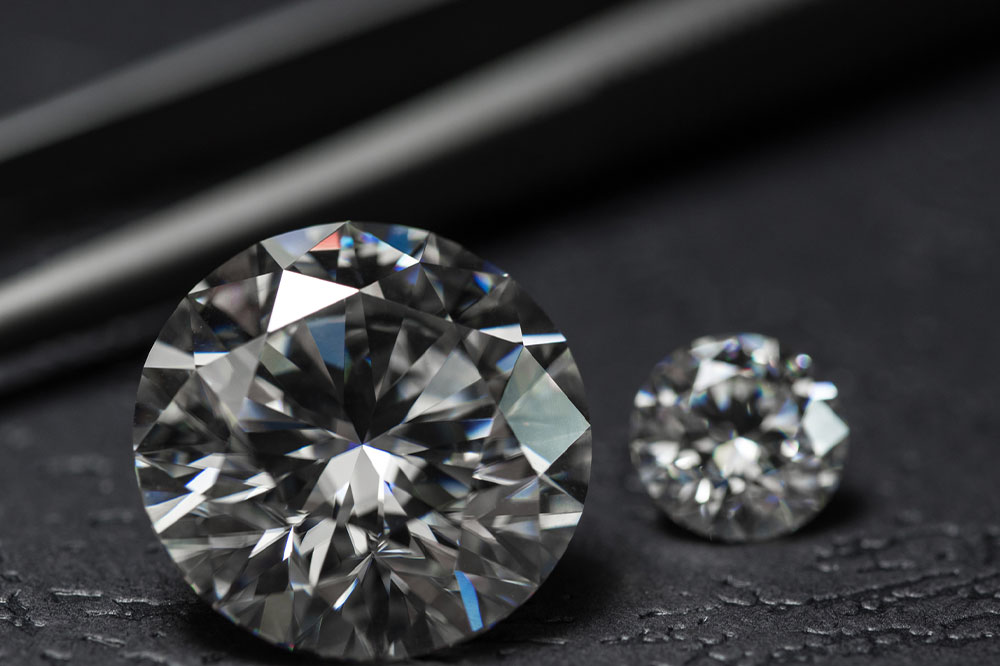A brief history of Moissanite and its uses
Fifty thousand years ago, when a meteorite crashed into the Arizona desert, fragments of it were scattered across the desert. Dr. Henri Moissan began studying the fragments of this meteorite in nearby Diablo Canyon. The fragments of shimmering material were found in minute quantities; these fragments had a fire and brilliance never seen on earth. After extensive research, Dr. Moissan concluded that the mineral was made of silicon carbide.
In 1905, Tiffany & Co., with the help of gem expert and mineralogist, George Kunz, suggested that this new jewel should be called Moissanite in Dr.

If you thought that Moissanite rings are the only place you’d find a use for this wonderful material, you will be surprised. The extraordinary properties of Moissanite go beyond the jewelry. It has changed many things in the world today:
Body armor: Pinnacle Armor, a California-based company that manufactures military-grade body armor called “Dragon Skin.” It comprises discs of Moissanite. The Dragon Skin body armor is well known to withstand grenade blasts and up to 40 rounds of ammunition. This armor has been worn by many military and defense agencies in the US.
Abrasive: Moissanite is a popular abrasive because of its durability. In manufacturing, it is used for processes like grinding, honing, water-jet cutting, and sandblasting. Particles of silicon carbide are stuck on to paper to create sandpapers and the grip tape on skateboards.
Automobile parts in high-performance luxury cars: The Moissanite is used to create high-performance “ceramic” brake discs that withstand extreme temperatures. The silicon carbide reacts with the graphite to become a carbon fiber that reinforces the silicon carbide (C/SiC). These discs are used for sports cars, such as Bentleys, Ferraris, Lamborghinis, and some Audis.
LED Light bulbs: Moissanite is made of silicon carbide which is used to create LED light bulbs. CREE Inc. makes the raw gem very precious. The Moissanite crystals used by Charles & Colvard helps make retain their position as a world leader in LED light manufacturing and research and development.
Astronomy: The Herschel Space Observatory telescope was launched in 2009. It is the largest space telescope ever and it carries a single mirror that is 3.5 meters (11.5 ft) in diameter and is made of polycrystalline Moissanite. It is hard, tough, and a very good thermal conductor, hence Moissanite makes an ideal mirror for astronomical telescopes.




